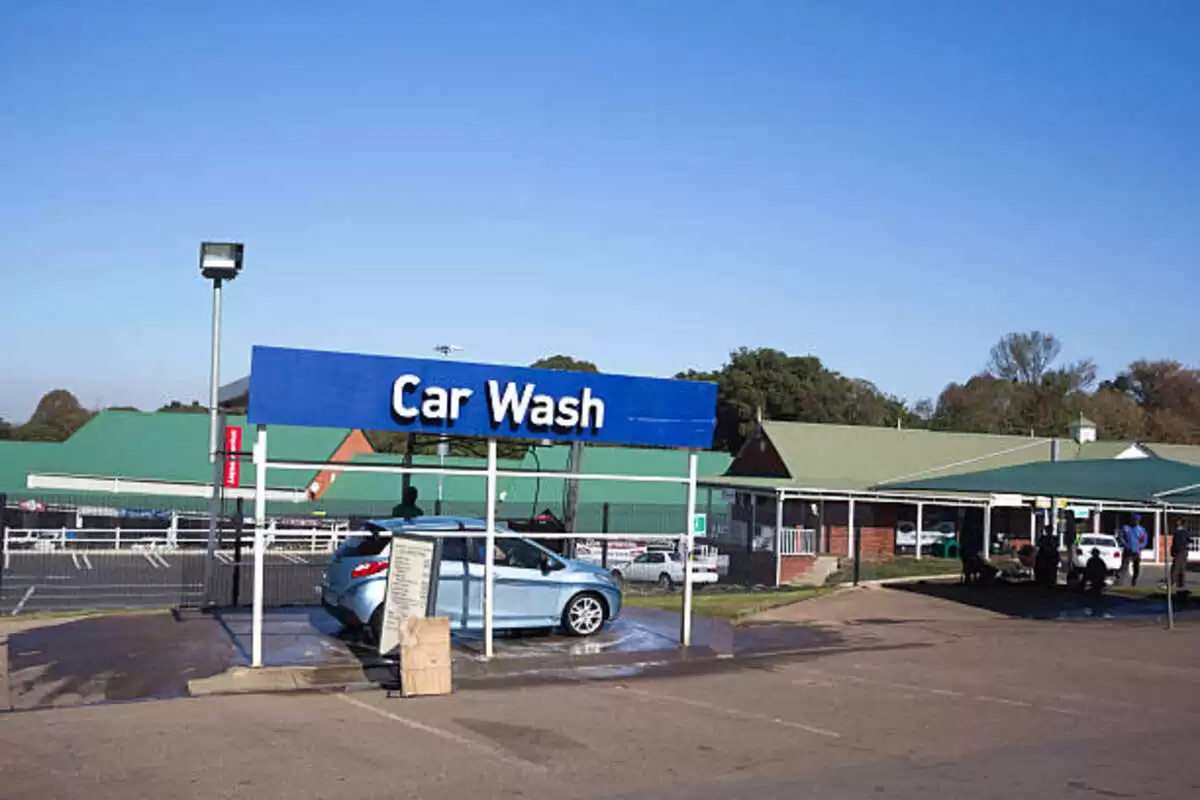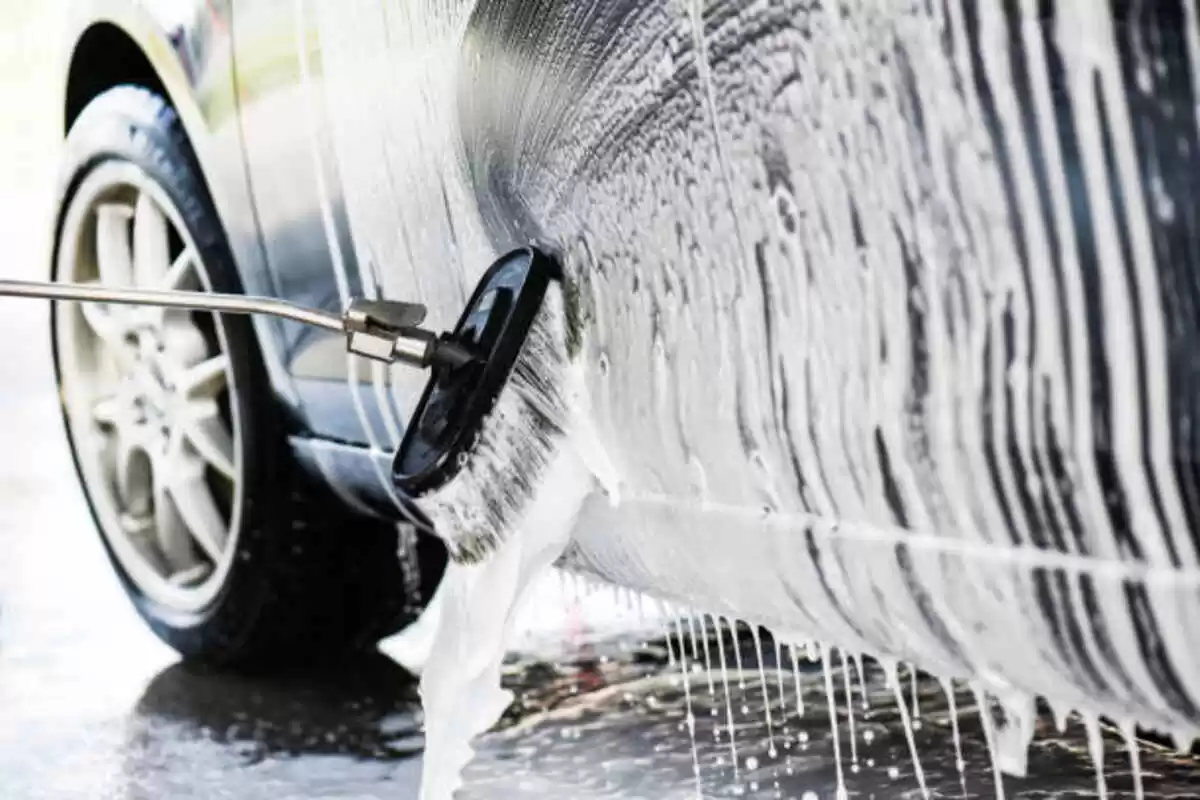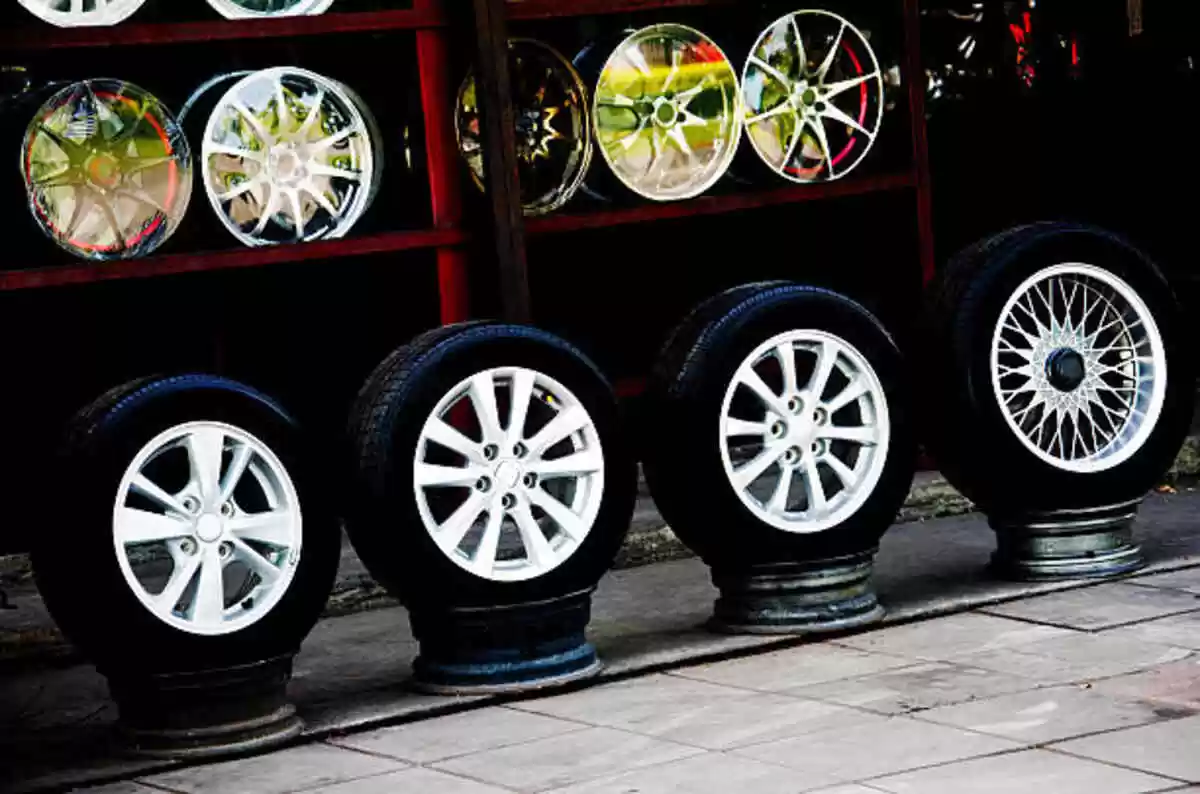WASHINGTON — The U.S. Government Accountability Office in the coming months will examine “right to repair” issues involving the auto industry, the congressional watchdog confirmed Wednesday.
In an email to Automotive News, spokesman Chuck Young said the office accepted a request last week to study the topic and plans to begin the effort in about six months “when relevant staff complete other work and become available.”
The action comes after Rep. Jan Schakowsky urged the GAO to examine “federal agencies’ efforts to ensure consumers’ right to repair” with respect to light-duty cars and trucks.
The Illinois Democrat asked the GAO to study how federal agencies might balance considerations such as “addressing cybersecurity risks that may be associated with greater access to vehicle data and whether technology exists to ensure both data access and cybersecurity protections,” according to a letter sent June 6 to GAO Comptroller General Gene Dodaro.
Schakowsky also pressed the GAO to look into the effectiveness of the auto industry’s self-regulation and how it has kept pace with advances in technology as well as the competitiveness of the vehicle repair market in the U.S.
The House lawmaker also asked for recommendations to other federal agencies to ensure consumers’ right to repair based on the GAO’s study of the issue.
The Alliance for Automotive Innovation, which represents most major automakers in the U.S., said it welcomes the additional study.
“Right now, most post-warranty work — 70 percent — is done by the independent aftermarket,” the alliance said in a statement. “In fact, the [Federal Trade Commission] has cited the automotive industry as a positive example of the market working well.”
Schakowsky, in the letter, argues a 2014 memorandum of understanding between automakers and independent garages and retailers “predated the use of telematics to wirelessly transmit vehicle data to manufacturers.”
“The data transmitted to manufacturers includes those used for diagnostic and repair purposes — potentially undermining the industry’s self-regulation of right to repair via the 2014 memorandum,” she wrote.
In February, U.S. Rep. Bobby Rush, D-Ill., introduced a bill mandating that vehicle owners and independent repair shops have the same access to repair and maintenance tools and data as automakers and their franchised dealerships.
Reps. Darrell Issa, R-Calif., and Mondaire Jones, D-N.Y., also have each introduced right-to-repair legislation.
Rush’s bill is similar to a controversial ballot measure in Massachusetts that was enacted by voters in 2020. The measure expands the existing right-to-repair law and requires makers of vehicles sold in the state to equip vehicles that use telematics systems with a standardized, open-access data platform, beginning with the 2022 model year. It also gives vehicle owners and independent repair shops access to real-time information from the telematics, such as crash notifications, remote diagnostics and navigation.
In an ongoing legal battle with Massachusetts Attorney General Maura Healey, the alliance has argued that the state’s amended right to repair law conflicts with several federal laws, poses cybersecurity and vehicle safety risks and sets an impossible timeline for compliance.
U.S. District Judge Douglas Woodlock is expected to issue a ruling on the case by July 1.





